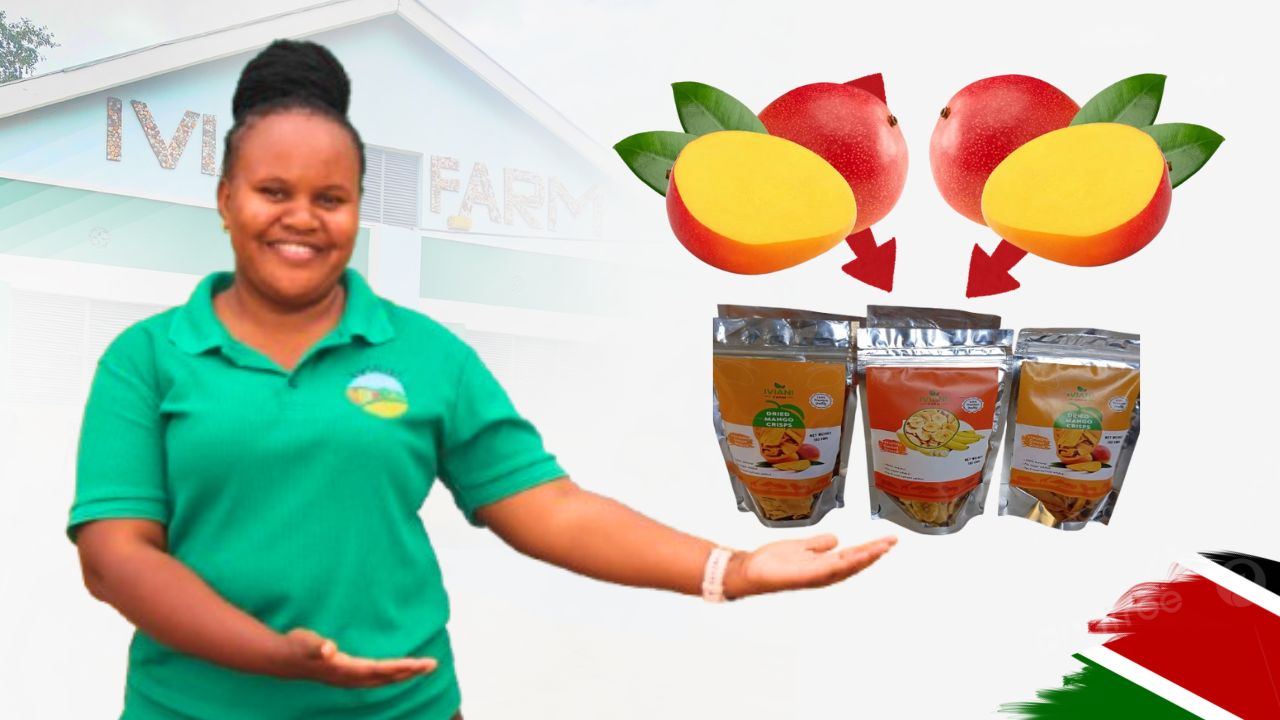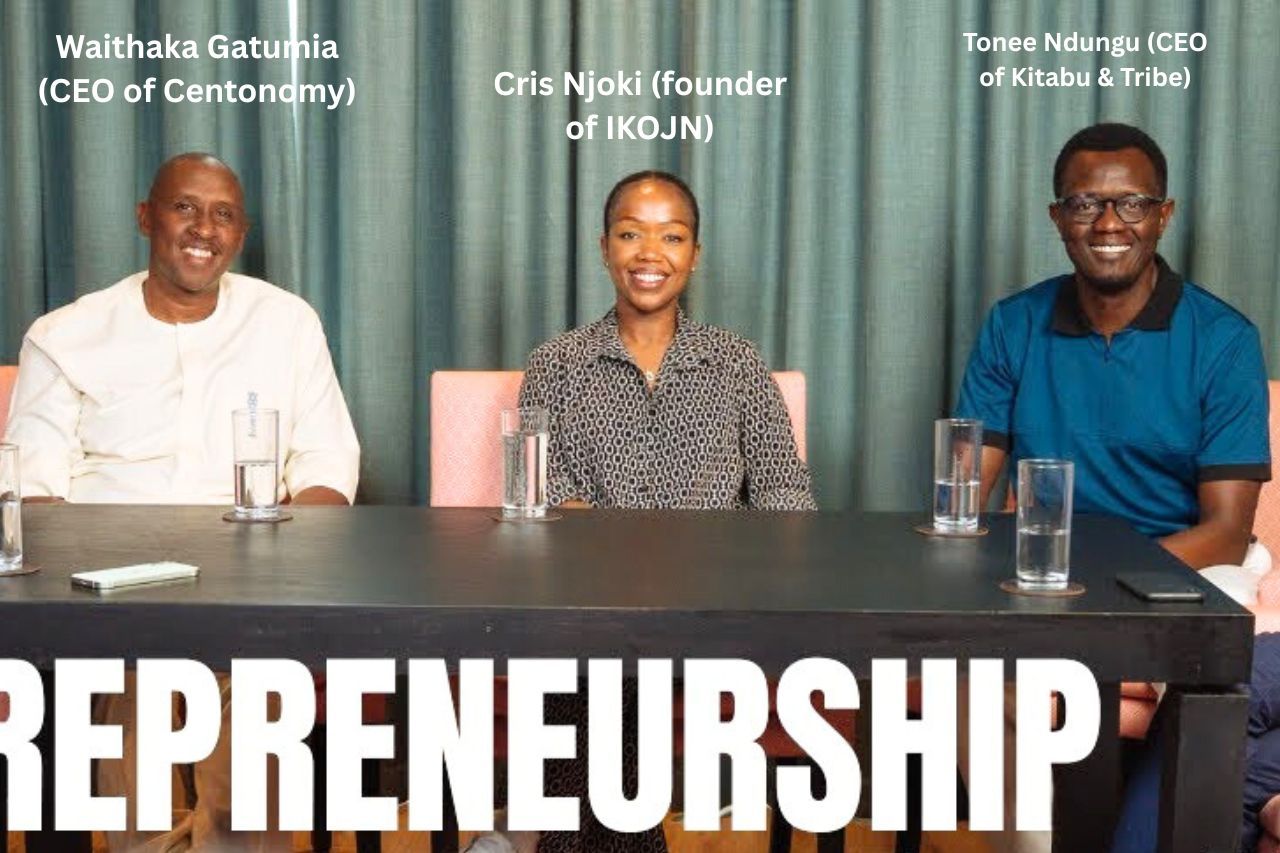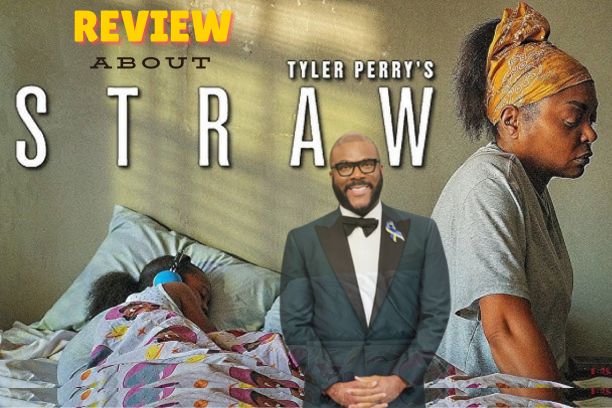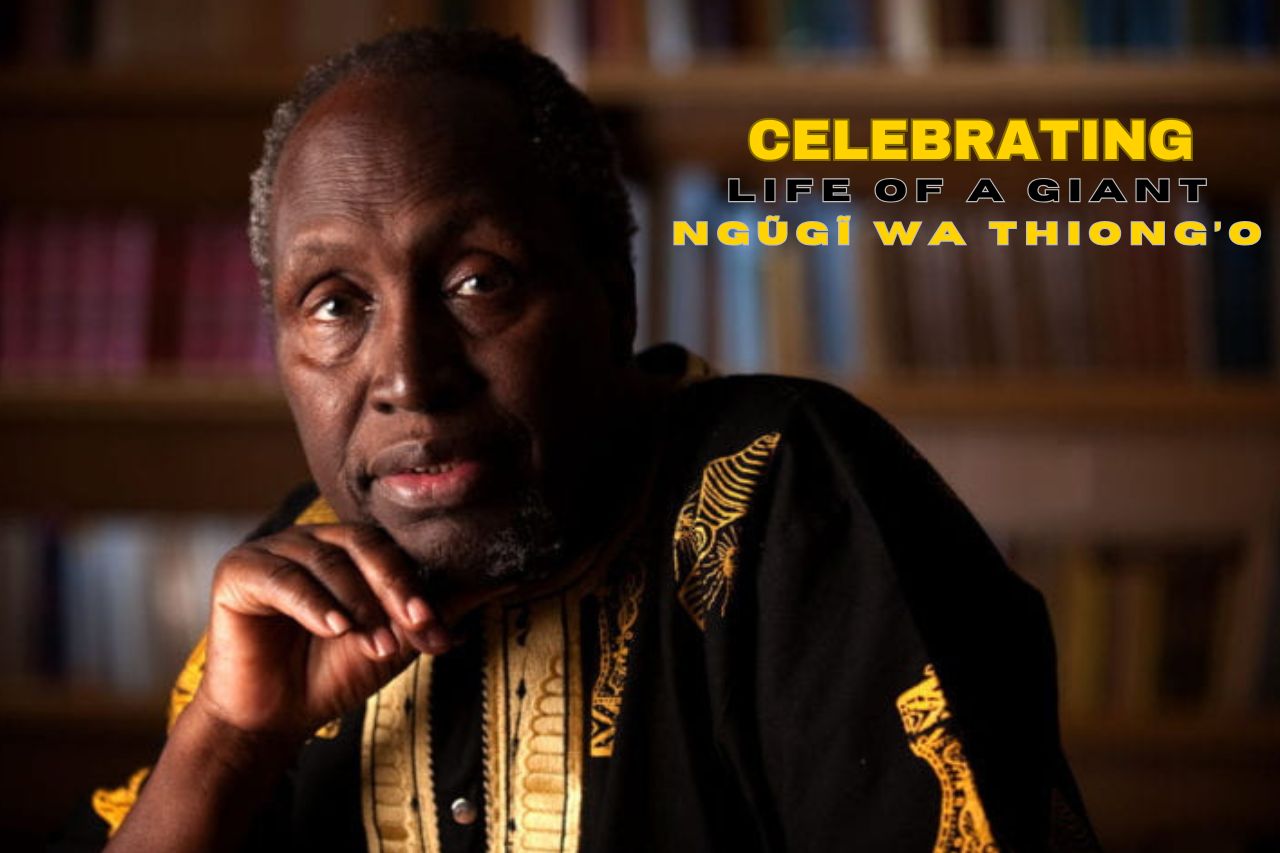Building a Resilient Business in Kenya: Lessons from Cris Njoki, Waithaka Gatumia, and Tonee Ndungu
Building a Resilient Business in Kenya, Premium Lessons from Cris Njoki, Waithaka Gatumia, and Tonee Ndungu In an economy full of uncertainty, volatile policies, and rising youth unemployment, the call…
Straw Movie (2025) Tyler Perry and Taraji P Powerful Netflix Drama
The Anticipated Movie Straw (2025): Tyler Perry and Taraji P. Henson Team Up for a Powerful Netflix Drama In 2025, Straw is emerging as one of the most emotionally gripping…
How to Make a Poster in Step-by-Step Guide 2025 (Easy Flyer Design)
Let’s take a Look at How to Make a Poster, Step-by-Step Guide for School Projects, Events, Church and More. Creating a poster is a great way to visually communicate ideas,…
Ngũgĩ wa Thiong’o Dies at 87, Celebrating a Giant of African Literature
The world is mourning the loss of Professor Ngũgĩ wa Thiong’o, the iconic Kenyan writer, academic, and revolutionary thinker, who passed away on May 28, 2025, in the United States…
MP Babu Owino Celebrates Admission to the Bar as an Advocate
MP Babu Owino Celebrates Admission to the Bar as an Advocate of the High Court of Kenya “Today marks a historic chapter in my journey my admission to the Bar…
Kenyans Led by Pastor John CW Debut in Nollywood Film ‘Prophet Suddenly’
Kenyans Led by Pastor John CW Debut in Nollywood Film ‘Prophet Suddenly Part 3’ a faith-based cinema. In a monumental moment for both faith-based cinema and Kenyan ministry, Bishop John…
Prof. Bitange Ndemo Rejects UoN VC Appointment Citing Unprocedural Process
Prof. Bitange Ndemo Rejects UoN VC Appointment Citing Unprocedural Process, a Sign of Integrity Above Prestige Date: May 9, 2025 In a stunning move that has sent shockwaves through Kenya’s…
DV Lottery 2026: How to Check Results and Next Steps
DV Lottery 2026 results are out on May 3! Learn how to check your status, next steps if selected, and avoid scams. Official guide for DV 2026 winners. The DV…









